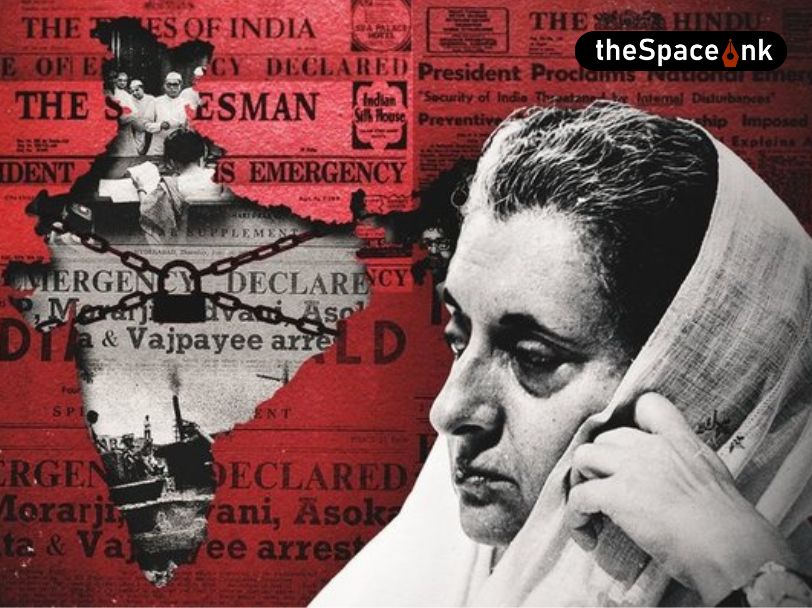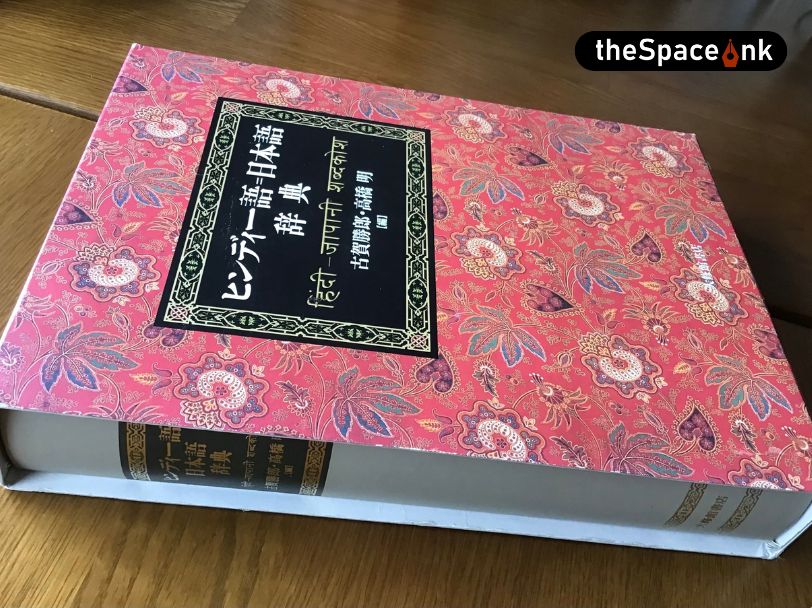Legend has it that when the Zoroastrians of Persia, popularly known as Parsis in India, were forced to flee their home country in the 7th century by their Islamic adversaries, two shiploads of Parsis sought asylum in the Gujarat region of India. As they landed on the shores of Gujarat, they went to the local king, Jadhav Rana, asking for asylum. The king was of the opinion that he would not be able to accommodate so many asylum seekers in his kingdom. Since he did not know the language of the Zoroastrians, to communicate his message to them, he asked for a jar of milk and an empty glass. He poured the milk into the glass until the glass was full. Then by means of gestures, he communicated to them that the situation of his kingdom was like that of the glass filled with milk with no more space to accommodate more milk. There was no space for asylum seekers in his kingdom.
The leader of the Parsis was cleverer than the king. He promptly asked for some sugar. He dropped a spoonful of sugar carefully into the glass of milk. He called the king’s attention to the fact that the milk did not spill over despite the addition of sugar to it. The message was loud and clear to the king. The Parsis would be like sugar in the milk, adding flavour to it, but never disturbing it. The king was pleased to grant them permission to settle in his kingdom.

Today the Parsis constitute less than .02% of India’s population, but their contribution to the nation has been much more than their proportion in the nation’s population. Their presence in Indian society is very much like what their legendary leader demonstrated – adding flavour to society, without ever disturbing it. Parsis have always been one of the most respectable people in Indian society. The legend of the Parsis sets an ideal benchmark for asylum seekers as well as asylum givers. It is also an ideal example of a refugee crisis handled exceptionally well.
No one becomes a refugee willingly, nonetheless, anyone could end up being a refugee. As the Afghan American novelist Khaled Hosseini says, “Refugees are mothers, fathers, sisters, brothers, children, with the same hopes and ambitions as us – except that a twist of fate has bound their lives to a global refugee crisis on an unprecedented scale.”
Also read: Indian Cinema’s Journey Down the LGBTQ Road
Think of a situation where you are forced to flee your home, your belongings, your community, your land, your place, your region, and your country with nothing but the clothes you wear. You are suddenly deprived of everything that you enjoyed and considered dear to you. You do not have sufficient access to the basic necessities of life – adequate food, water, clothes, shelter, and healthcare. You find yourself in overcrowded camps or informal settlements with inadequate facilities and limited resources. You have lost your job and there is no possibility for another one and hence no income. Your children have no access to a decent education. You and your family have to adapt to a new environment, community, language, culture and way of life against your will.

These are possible and realistic images of the predicament of any displaced person – be it an internally displaced person, a refugee, or an asylum seeker. People who have been forced to flee their homes or places of their habitual residence on account of war, conflict, violence, human rights violations, persecution, natural disasters, or other untoward circumstances are known as displaced people. Displacement can be either internal (within countries) or international (across the internationally recognised borders of countries).
The problem of displacement is looming larger and larger over the years. During the last ten years, the global refugee crisis has risen exponentially. On 23 May 2022, the United Nations High Commissioner for Refugees (UNHCR) announced that globally the number of people displaced crossed 100 million for the first time in human history. Out of these 103 million displaced people, 70.5 million are internally displaced people and the remaining 32.5 million are refugees and asylum seekers who crossed international borders.
According to the UNHCR, the number of people who will remain displaced forcefully in 2023 is estimated to be 117.2 million. Among them, in terms of millions, 29.3 will be refugees, 5.6 asylum seekers, 61.2 internally displaced people, 5.5 other people in need of international protection, and 5.1 stateless people. The remaining 1.3 million will be people displaced on account of other concerns.
Owing to the ongoing war between Russia and Ukraine, as per the UNHCR data, by April 2023, over 8 million Ukrainians had to take shelter outside their country. Each day, the war keeps forcing many more Ukrainians to flee their home and country.
According to the UNHCR, the number of people who will remain displaced forcefully in 2023 is estimated to be 117.2 million. Among them, in terms of millions, 29.3 will be refugees, 5.6 asylum seekers, 61.2 internally displaced people, 5.5 other people in need of international protection, and 5.1 stateless people. The remaining 1.3 million will be people displaced on account of other concerns.
Displaced persons who have crossed the internationally recognised border of their country to seek safety and protection in other countries and hence live outside their own country are referred to as either asylum seekers or refugees subject to their legal status. On the other hand, displaced persons who remain within the borders of their own country are referred to as internally displaced persons.
According to Article 1 A (2) of the United Nations Convention Relating to the Status of Refugees, also known as the 1951 Refugee Convention or the Geneva Convention of 28 July 1951, a refugee is a person “who owing to a well-founded fear of persecution, on the grounds of race, religion, nationality or membership of a social group,’ find themselves outside their country of origin, and are unable or unwilling to avail themselves of the protection of that country; or who, not having a nationality and being outside the country of his former habitual residence as a result of such events, is unable or, owing to such fear, is unwilling to return to it.”

The term, ‘refugee,’ implies that they have left their country and have been recognized under either national or international law or under both as having a well-founded fear of persecution or facing serious harm in their home country for reasons such as those mentioned earlier. After having undergone certain legal processes, they have been granted the status of refugees, often by the government of a country or by the UNHCR. They have already been granted protection in the host country.
Asylum seekers, however, are people who after having left their home country for reasons like that of the refugees and are seeking protection in other countries with the status of refugees. However, they have not yet been granted the status of refugees.
The 1951 United Nations Convention relating to the Status of Refugees and its 1967 Protocol provide the legal framework for the protection and care of refugees. Both together have made the care and protection of the refugees obligatory to all signatory countries. Therefore, refugees are shielded by certain rights such as the right to non-refoulement, i.e., the right not to be returned to a place of danger; the right not to be punished for irregular entry into the territory of a contracting state; the right to be issued civil, identity and travel documents; and the rights to non-discrimination, decent work, housing, land and property, including intellectual property, education, freedom of religion, access to justice, freedom of movement within the territory, and social protection.
Asylum seekers on the other hand do not enjoy the rights that the refugees enjoy. However, while their claim for asylum is being considered, they are also entitled to certain minimum rights, facilities and services which depend largely on the policies of the host country. More importantly, they are entitled to protection against deportation during the assessment process of their claim for asylum. Initially, every refugee begins as an asylum seeker, however, not every asylum seeker will necessarily get the recognition of a refugee.
The question of internally displaced people is an internal matter of the countries in question. It is a national problem which can be handled efficiently by the respective countries if they want to. However, the question of asylum seekers and refugees, on the other hand, is a global problem. Without the collective goodwill and cooperation of the countries of the world, this issue cannot be handled. Settlement of the asylum seekers and refugees in a host country, their integration into the local community, their repatriation to their home country when the situation there turns favourable and safe enough for them to return, and their empowerment to reclaim their rights in their own country are some of the important issues underlying the management of the global refugee crisis.

On 4 December 2000, the United Nations General Assembly instituted 20 June as the World Refugee Day. To mark the 50th anniversary of the United Nations Convention Relating to the Status of Refugees, the 1st World Refugee Day was celebrated in 2001. In order to ensure that the celebrations coincide with the existing celebration of African Refugee Day, 20 June was chosen as World Refugee Day.
World Refugee Day celebrates the resilience, strength, courage, survival, humanity, and success of people who have been forced to flee their homes and countries under various adverse situations and are living as refugees all over the world. The celebration reminds the world of the plight of refugees, the gravity of the ongoing refugee crisis, and the importance of a globally collaborative response to address the problem.
During the Catholic Church’s celebration of the 104th World Day of Migrants and Refugees in 2018, quoting the gospel of Matthew 25:35-43, Pope Francis said, “Every stranger who knocks at our door is an opportunity for an encounter with Jesus Christ, who identifies with the welcomed and rejected strangers of every age.” Elaborating on the importance of showing solidarity to the displaced, he said, “This solidarity must be concretely expressed at every stage of the migratory experience – from departure through journey to arrival and return … our shared response may be articulated by four verbs: to welcome, to protect, to promote and to integrate.”

The spirit of his message is best embodied in ‘Angels Unawares,’ a monument to the displaced – migrants, asylum seekers and refugees. This life-size bronze and clay sculpture by Canadian artist Timothy Schmalz was put up at St. Peter’s Square in Vatican, to mark the 105th World Day of Migrants and Refugees. The monument depicts the arrival of 140 migrants, asylum seekers and refugees from different historical periods and backgrounds on a boat. The two angel wings emerging from the centre of the crowd standing huddled together and shoulder to shoulder on the boat are suggestive of the presence of the divine in the stranger, in the migrant, in the displaced, in the asylum seeker and in the refugee. As per the artist’s own confession, the inspiration behind the sculpture came from Hebrew 13:12 in the New Testament which says, “Do not neglect to show hospitality to strangers, for thereby some have entertained angels unawares.”
The direction in which ‘Angels Unawares’ faces is very telling – the migrant, asylum seekers and refugees are arriving at St. Peter’s Square, Rome, where they will be welcomed, protected, promoted, and integrated. A smaller bronze version of ‘Angels Unawares’ was installed in St. Paul’s Basilica.

As the world celebrates World Refugee Day on 20 June every year, there is a question that needs answers from the leaders of the nations of the world. Keeping aside all the advantageous nationalistic political narratives, are the leaders of the nations across the world willing to embrace the message and challenge of ‘Angels Unawares’ and act upon it? For the sake of humanity and nothing else.
Images courtesy: Wikimedia, Pexels
Sacaria Joseph is an Assistant Professor in the Department of English at St. Xavier’s College, Kolkata. Having pursued his undergraduate studies at St. Xavier’s College, he furthered his academic journey by obtaining a Master of Arts degree in English Literature from Pune University, a Master of Philosophy from Jadavpur University, Kolkata, and a PhD from Visva-Bharati University, West Bengal. In addition to his academic pursuits, he writes on a wide array of subjects encompassing literature, philosophy, religion, culture, cinema, politics, and the environment.









2 Responses
The world reality sometimes puts us human beings to utter shame. Sometimes a thought rises huma
n beings have got any shame at all?
Very well written and informative, Father.